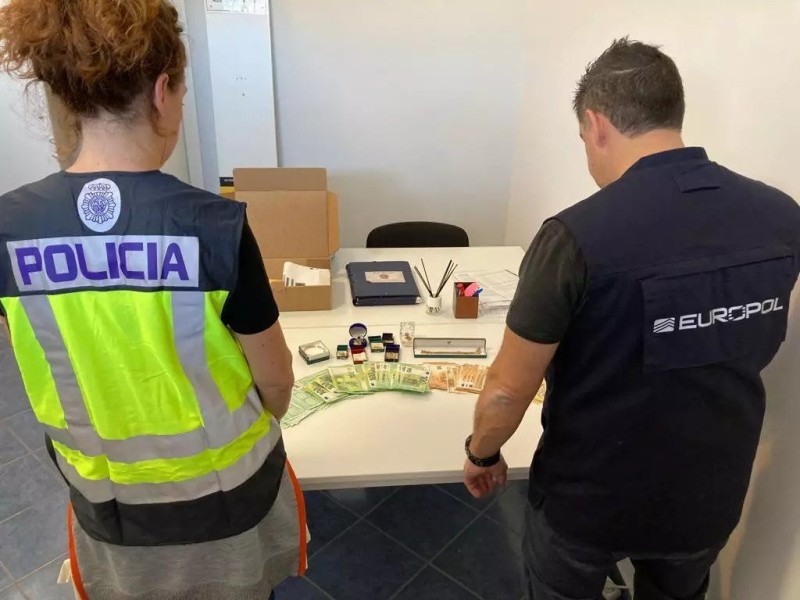The infamous $230 million corruption scandal in Russia sparked global outrage after Magnitsky, a Russian tax lawyer, was jailed (and later died) for blowing the whistle on a major fraud perpetrated by tax officials.
Over the years, the stolen “Magnitsky money” has turned up in countries all over the world. In this latest case, millions of euros were allegedly laundered via bank accounts throughout Europe before being sent to Spain to buy real estate, Europol said in a statement Wednesday.
The Spanish investigators traced how some of the dirty money ended up in Spanish real estate. The investigators also identified a group of suspects, all Russian nationals with no or little links to Spain, as well as a number of shell companies with no genuine economic activity, according to Europol.
“The dirty money was either sent to the bank accounts of these Russian citizens supposedly residing in Spain for them to purchase properties, or sent to Spanish real estate agencies with strong ties to the Russian community which would buy real estate on behalf of alleged clients,” read the statement.
One suspect, believed to be “at the center of this money laundering scheme,” has been arrested in the Canary Islands, according to Europol.
The Spanish police also confiscated physical and digital data, as well as 30,000 euros ($31,940) in cash and various jewels. The police said they demanded the seizure of three other properties, two high-end vehicles, and 19 bank accounts associated with the suspect.
Europol’s European Financial and Economic Crime Center provided specialized assistance to the investigation, while Eurojust helped by coordinating European investigation orders and information requests submitted to 12 different countries.
The Spanish National Police (Policía Nacional) carried out the investigation in Spain, coordinated by the Special Prosecutor’s Office Against Corruption and Organized Crime, and the Central Court of Instruction No.2 of the National High Court.



